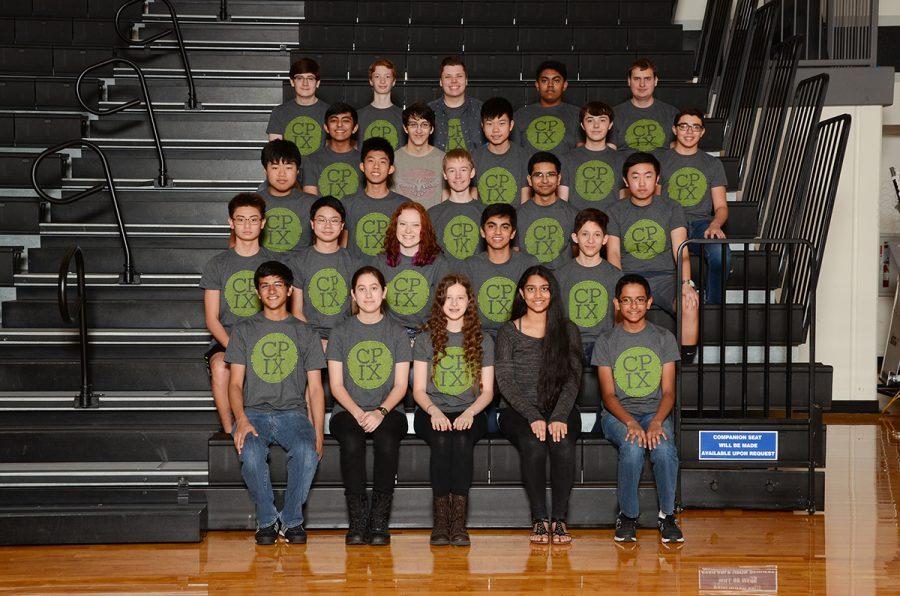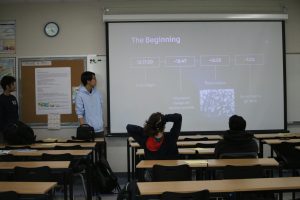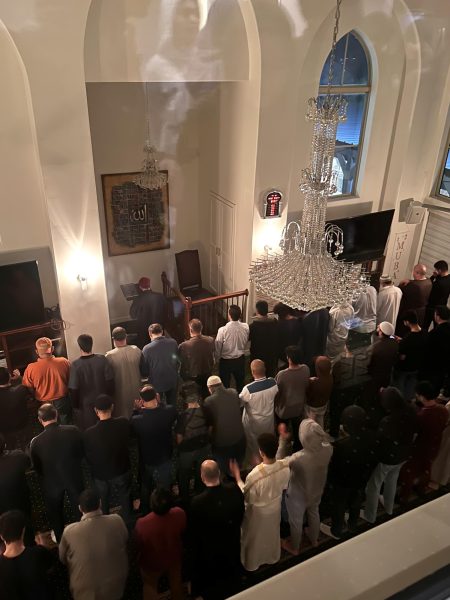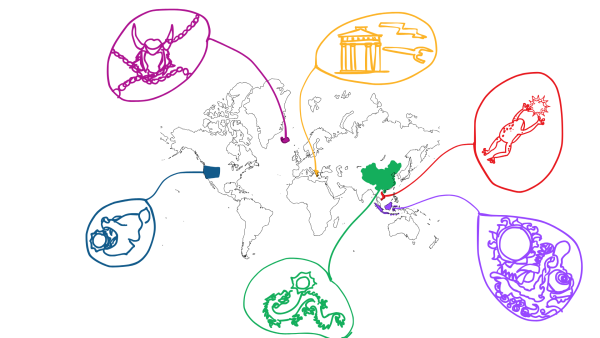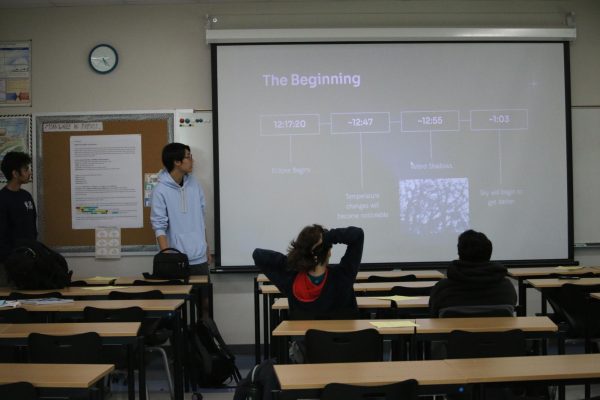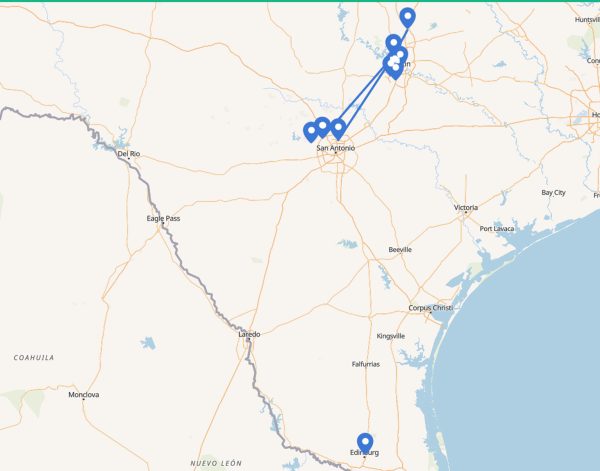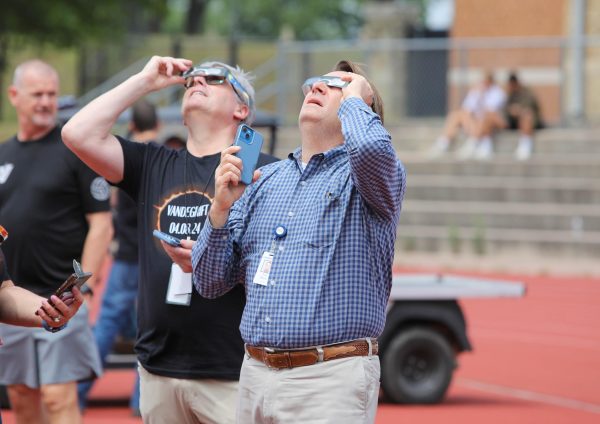Cyberpatriot teams advance to regional competition
February 3, 2017
After sending 5 teams to compete in the state competition, Cyberpatriot teams 3125 and 3127 will be advancing to the regional competition.
“They’re just trying to get the numbers from the state championships to regional championships, and then from regional you go to nationals,” engineering teacher Martin Wiedenmeier said. “This is just the next step to try and get to nationals. You’ll be competing with all sorts of other teams and about the top 18 from regional will go to nationals.”
Cyberpatriots is a club led by senior Nikhil Patil that teaches students how to protect computers and programs from being hacked.
“We work on securing operating systems such as Windows and Lenox,” sophomore Bo Deng said. “We also do a little bit of networking, which is just looking at networks of routers, switches, that kind of stuff. We make sure everything is working properly and secure and safe to use, basically just for general purposes.”
The club was started last year by Patil and graduate Brendan Holloway after Patil moved from Virginia. Patil was chosen as leader of the club based on his experience with Cyberpatriots back in Virginia.
“It’s pretty fun,” Patil said. “It’s a mutual respect kind of thing. We work together, spend time, learn together. It’s just fun.”
Last year in Cyberpatriots there were 12 people divided into two teams. This year, there are 42 people in Cyberpatriots, with 25 people competing on 5 different teams.
“I joined because it sounded really cool,” Deng said. “I just heard that it was sponsored by the air force and we would be working on computers, making them more safe and secure, and I thought cyber security might be something I want to do in the future, so when I heard about that I was really excited to join.”
Students who join aren’t required to have previous experience with defending against hacking, but they are expected to have basic programming skills.
“You need to know something about computers in general,” Wiedenmeier said. “There is obviously training, the students, a lot of the more veteran students, who train the other students, plus we have mentors coming in. Usually the beginning of the year in September we’ll start the season and send out applications and people can apply.”
Several of the students in Cyberpatriots have taken or are taking engineering and computer science classes.
“I plan on going into the engineering field with computer science and automotive engineering,” sophomore Alexander Tan said. “I do take classes for those. I’m in computer science here at Vandegrift and I also work on cars in my free time.”
The team usually meets after school with a mentor from IBM, along with spending some weekends practicing at the school to prepare for competitions.
“So far, we just show up at school on Sundays in the morning and it’s usually for about 6 hours,” Tan said. “It’s in the computer labs and we just work on the computers most of the time and then we have snacks in between.”
Competitions are done online, so many take place at the school. Students are given a virtual packet which they then search for viruses or any suspicious programs.
“Cyberpatriots sends us a couple of operating system images to work on,” Deng said. “What we do is we run those in virtual machines and we have 6 hours to go through those images and change settings and write scripts and stuff like that to basically just make the overall operating system more secure and safe from intruders or malware.”
Each member of the team has different responsibilities and tasks and works together to help debug and defend their network.
“There’s all sorts of different tools that they’re going to need to use to figure all this stuff out, ” Wiedenmeier said. “It’s very kind of real world stuff. It’s like what someone in IT would be doing, but it’s kind of canned because there’s no one actually physically trying to hack into your system.”
Many of the skills students use in Cyberpatriots can be applied in future careers.
“A lot of people do computer programming but this is really kind of the other end of the spectrum,” Wiedenmeier said. “Computer security is a big issue everywhere and I think most of the kids that are into it will have an easy time finding jobs in the future. There are actually now a lot of colleges that are offering cyber security type courses as well as a degree.”
Even if students don’t have a lot of prior knowledge in computers, they can join Cyberpatriots.
“It’s easy,” Dang said. “We have a lot of people who are really good at it who can teach you everything and it’s just a lot of fun, sitting down with your teammates and working on images and that kind of stuff. I think it’s really been great.”



